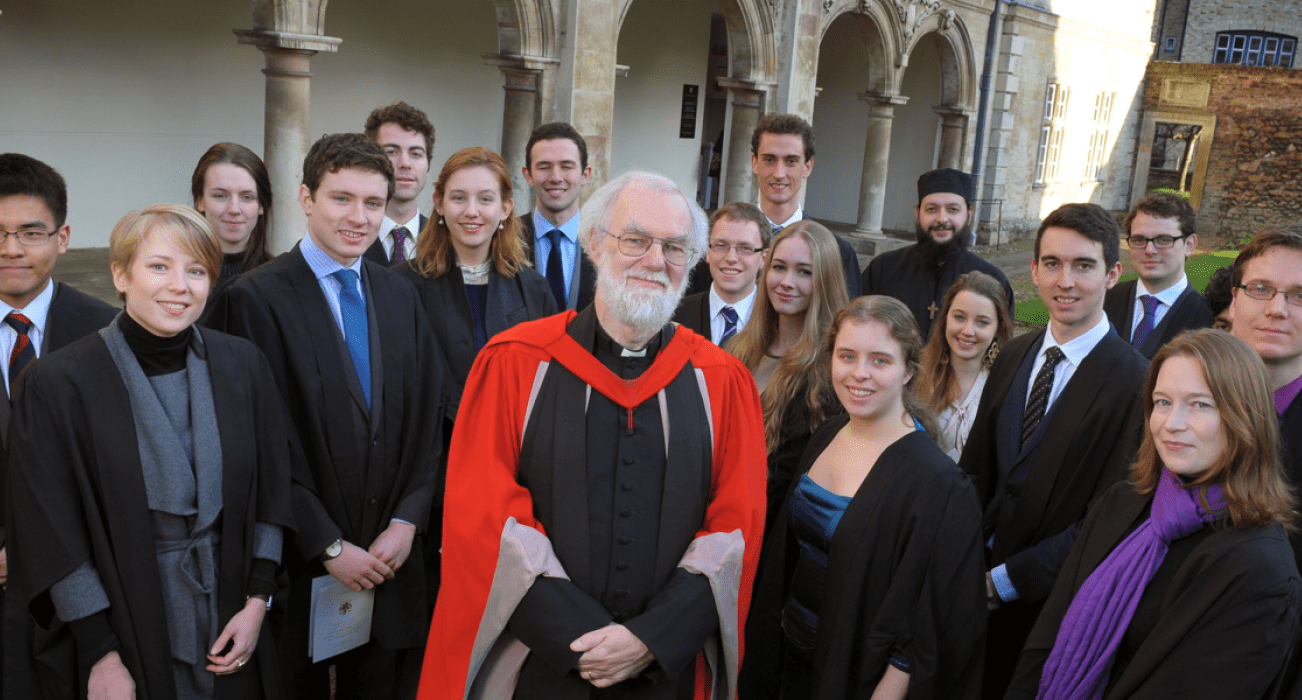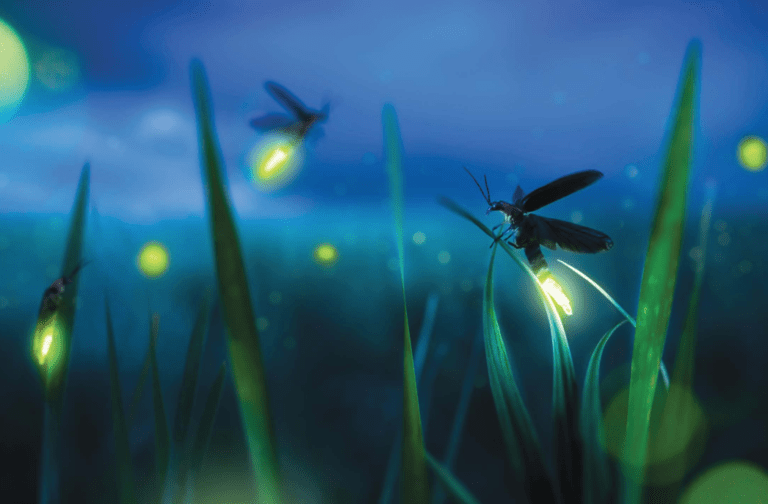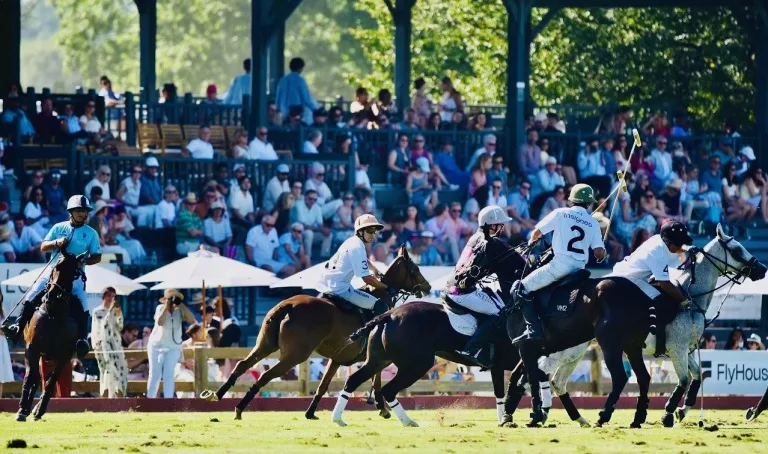

By: Anne W. Semmes
He’s described in the British press as “a renowned theologian, a gifted pastor, and a priest of luminescent spirituality, he has the qualities to lead and inspire.” When appointed the 104th Archbishop of Canterbury in 2002, Dr. Rowan Williams was cited as the most educated man ever appointed. He can read and speak in nine languages – and is a noted poet. As former Archbishop of Canterbury – he stepped down in 2012 – the now Lord Williams will speak across the pond by Zoom to the parish of Christ Church Greenwich, with other Episcopal parishes across the state invited to tune in, on Sunday, September 20 for an hour talk at 11 a.m.
“He’s probably the world’s most in-demand speaker,” says Christ Church’s Rev. Marek Zabriskie, having finally secured Williams after years of efforts. “He’s a brilliant man.” After presiding over some 85 million Anglicans around the world Dr. Williams became Master at Magdalene College, Cambridge University in 2013. The timing of his talk at Christ Church comes with his departure as Master, age 70, to retire to his native Wales.
Zabriskie has invited Williams to speak on discipleship, and introduced his congregation to Williams’ 2016 book, “Being Disciples.” Such a subject Zabriskie believes will be of wide interest, “and it doesn’t matter what denomination you’re a part of.” During the 25 years he has known Dr. Williams, Zabriskie received his endorsement for his educative efforts of “The Bible Challenge,” that engages readers to read the Bible in a year.
Zabriskie shares a memorable encounter he had with the former Archbishop while in his official residence in Lambeth Palace in London. “We conversed about French philosophy, Welsh poetry, and Greek philosophy,” citing Williams’ “absolutely breathtaking, brilliant mind.”
There was that moment in the august Guard Room of the Place, with Zabriskie’s then nine-year-old daughter Marguerite present, “looking rather bored” over such conversation, when the Archbishop, with a son that age, invited her to check out a “little glass case.” “He’s showing her a tortoise shell that belonged to [17th century] Archbishop William Laud [beheaded for treason].” The story goes that tortoise survived another 100 years only to die when a Palace gardener dug it up from its winter retreat and neglected to replace it.
“When you’re in his presence you know he’s a really holy man,” shares Christ Church parishioner Marnie Dawson Carr. Carr interacted with Williams over his Archbishop of Canterbury years, in her capacity as founder and trustee of the Archbishop of Canterbury’s Anglican Communion Fund, and vice chair of its fundraising arm. To such ends Carr, with support from Christ Church (prior to Zabriskie’s ministry), secured the Archbishop to speak at two fundraising events, at the Greenwich Hyatt Regency in 2004, and again in 2010 at the Yale Club in New York.
“He’s an exceedingly wise person with a deep understanding of people and infinite patience,” Carr tells. “Even though during his entire tenure, there was always this threat of splitting the Anglican Communion, here was this deeply spiritual person always keeping people talking and always looking to find a compromise and ways for people who believe differently to stay in unity with one another. And he has a wonderful wry sense of humor that comes out with a little twinkle in the eye.”
Carr recalls Williams’ talk at the Yale Club in New York. “It was almost like a sermon,” she says. “It had to do with the importance of serving mankind or humankind. It was so profound and poetic that at the end there was a sort of stunned silence, then a break into resounding applause.”“He’s a supremely kind person,” she continues. “Talk about discipleship, he models discipleship of Christ really. You get the feeling that this is an unbelievably intellectual person who nevertheless involves himself in trying to promote what is right and good in the world.”
The Archbishop would return to New York the next year at a truly bad moment in the world. The morning of 9/11 he was in deadly distance of Ground Zero, arriving at Trinity Church Wall Street to address American spiritual directors “on the shape of a holy life.” Fleeing the cataclysmic scene as the second tower fell, while expecting death, Williams and his small group managed to escape. The next day due for a lecture at St. John the Divine Cathedral he found some 300 people seeking solace and was asked to celebrate a Eucharist. He shared with them being approached on the street by an airline pilot who asked him, “Where the hell was God?” His answer: “God didn’t cause this and God [was not] going to stop it, because God has granted us free will, therefore God has to suffer the consequences of this like we do.”
For the last seven years Master Williams has been teaching in C.S. Lewis’s old stomping grounds at Magdalene College – Lewis was teaching there in the last year of his life, 1963, when Williams was only 13. By age 14 he’d become a Lewis reader, absorbing the Narnia world, that would become his 2012 book, “The Lion’s World – A Journey into the Heart of Narnia.” His take – “There is a strong, coherent spiritual and theological vision shaping all the stories.”
In a British interview on “The Lion’s World’ Williams is quoted, “’The Lion, the Witch and the Wardrobe’ is very clearly a book about the life of Christ.” The interviewer concludes, “The ideas stay with you long after you finish the book, and his [Williams] parting words on Lewis could apply equally to him. Great writers, he tells me, provoke you into looking beyond yourself. They seem to say: ‘Do you recognize that? Does that ring a bell? Something is moving in on you – well, getting its claws into you.”
The present Archbishop of Canterbury, Justin Welby, has cited William’s book, “Being Disciples,” as “quite the most beautiful writing on discipleship I know.”Some lines jump out such as, “The people who have really made an impact have made me feel better than worse about myself. They make me feel that there is hope for my confused and compromised humanity.” And “What the disciple learns is how to be a place in the world where the act of God can come alive.”
“We need to be dependable people, in dependable relationship,” he writes, “who are there for those who feel abandoned and those who don’t know who and where they are.”Yes, as in that telling description of discipleship found in Williams’ own undergrad days at Cambridge as related by his autobiographer Rupert Shortt. “He was troubled by the condition of homeless people and sometimes had tramps up to his room for a chat and a Welsh cake…Occasionally he would allow down-and-outs to stay the night – in heroic defiance of college rules – if they had no other refuge.” And on Sunday afternoons when not choir singing, he was “helping out at a home for children with cerebral palsy.”
For more information visit online at Christchurchgreenwich.org/rowan-williams





